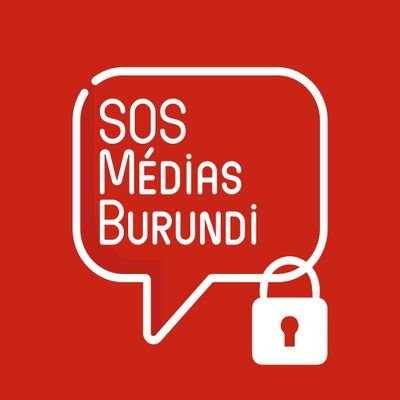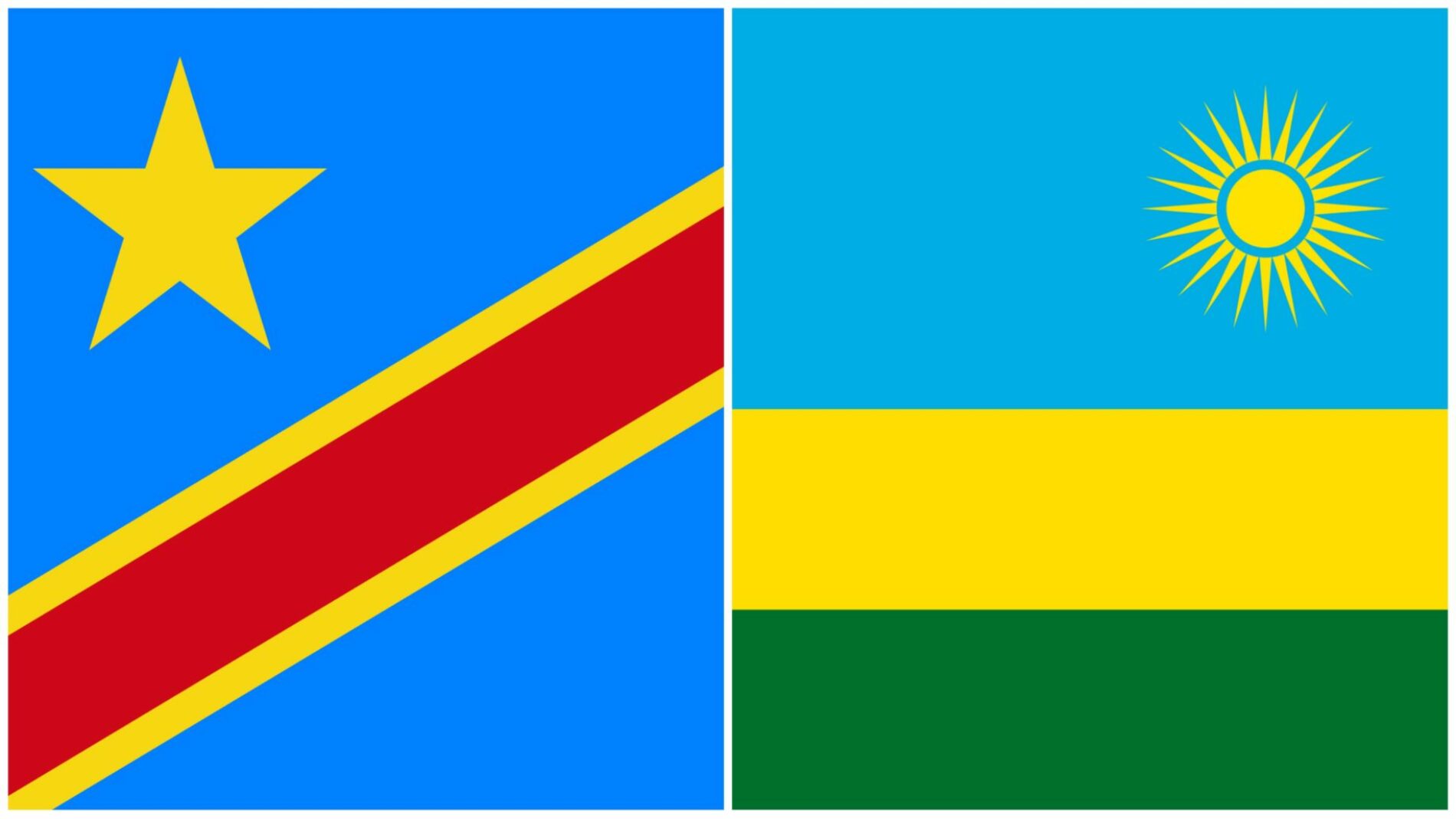Rwanda-DRC: the Rwandan government criticizes Congolese authorities for multiplying unacceptable accusations
The Rwandan government reacted in a press release on Monday to accusations by the Congolese army which accuses it of supporting M23 rebels. According to the statement from the Rwandan government, DRC’s accusations are baseless and unacceptable. At least four civilians have died in fighting between the FARDC (Armed Forces of the Democratic Republic of Congo) and the March 23 movement since last Thursday, the Congolese army said. INFO SOS Médias Burundi
Contrary to claims by the DRC President that his country is focused on a diplomatic solution to the prevailing insecurity in eastern Congo, recent statements and actions instead show that the Congolese government is determined to continue on the path of an endless military escalation, the Rwandan government regretted in a statement that spokesperson Yolande Makolo shared on her Twitter account. The press release speaks of “renewed provocations by the FARDC”.
“The FARDC’s choice to renew the attacks against the M23, a Congolese armed group, is in violation of concerted regional security mechanisms, including the Nairobi and Luanda processes. The incitement to ethnic hatred continues, the use of heavy arms attacks targeting the border area of Rwanda and baseless accusations against Rwanda are unacceptable”, the document says.
In a press release, the Congolese army said on Sunday that “the bombs dropped in the combat zone with the M23 rebels since last Thursday belong to the Rwandan army”. The FARDC (Armed Forces of the Democratic Republic of Congo) had also declared that “it was Rwandan militants who dropped these bombs which killed four civilians and injured forty people”.
Despite provocations of Congolese authorities and armed groups, Rwanda reiterates its commitment to a stable, peaceful security solution within the regional framework, confirmed Rwandan authorities.
“However, the perpetual attempts to scapegoat Rwanda in the DRC’s internal problems will continue to be categorically rejected”, the statement continued. For several months, the Congolese army and Congolese authorities have publicly accused the Rwandan army of supporting rebels of the M23, a Congolese rebel movement which controls the border town of Bunagana on the border with Uganda and several localities in the territory of Rutshuru in North Kivu province (Eastern DRC) and for having sent soldiers to fight alongside the rebels.
Several anti-Rwanda and anti-Tutsi demonstrations have taken place in many Congolese cities in recent months. Dozens of civilians assimilated to Rwandan Tutsi and members of the Banyamulenge community were killed during these protests, which the Congolese government has condemned.
The M23 is a rebel movement perceived as a group dominated by Congolese Tutsis by Congolese authorities.In June this year, EAC heads of state decided to send a regional force to eastern Congo. Only Kenya and Burundi have already deployed soldiers in South Kivu and North Kivu in this context.Rwandan and Congolese presidents met in Luanda in Angola to try to avoid the escalation of the situation.
It was after the death of a Congolese soldier killed by the Rwandan police at the border between the two countries and the handing over of two Rwandan soldiers to the Rwandan army, soldiers captured on the battlefield in the ranks of the M23 according to FARDC and abducted on the border with Congo in a joint operation between FARDC and FDLR, according to the Rwandan army.
“The FARDC continue to operate together with armed militias, including the FDLR”, accuses the Rwandan government. Eastern Congo, a region very rich in minerals, has been struggling to find peace for more than two decades following the proliferation of local and foreign armed groups.
Several Congolese officers, accused of collaborating with these rebel groups, of supplying them with uniforms and weapons, have been arrested in recent years.One of President Tshisekedi’s election promises was to “put an end to insecurity in eastern Congo”.

